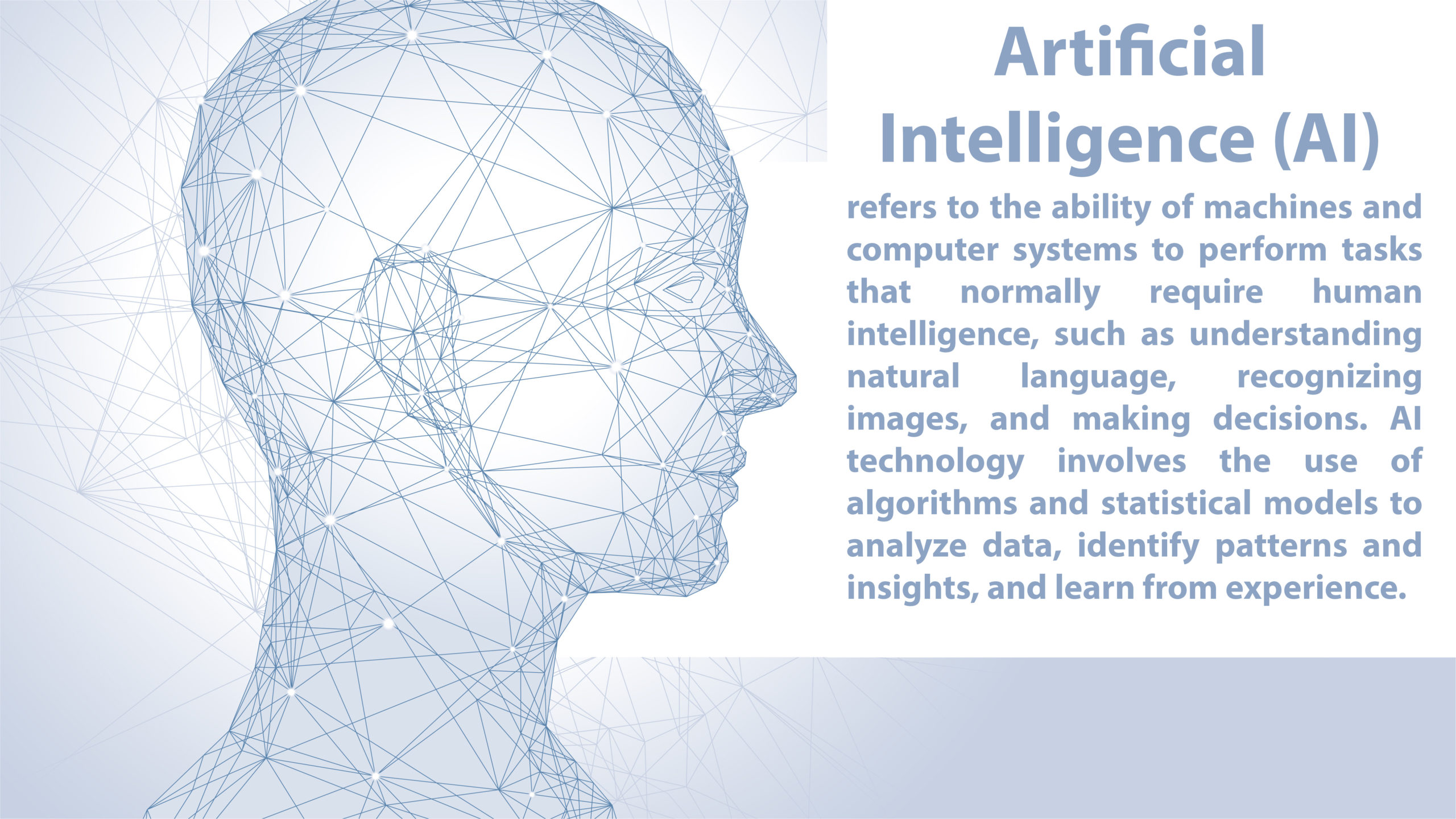
Artificial Intelligence—does it live up to the hype?
The above definition was “written” by the ChatGPT interface, an artificial intelligence.
I had the idea to use AI after reading a book on how to generate passive income. I played with it a bit and decided to see if I could do what the book suggested, let AI generate a year’s worth of blog posts in a week to free up some of my time. I soon learned that this was easier said than done.
There is a pattern to the way AI—and ChatGPT in particular—formulates its blog posts. For example, the structure of most posts it generates is the same, beginning with an introduction, providing a list of three to five items complete with subtitles, and ending with a conclusion that says virtually the same thing as the introduction. If you don’t like what the AI produces for you, it can be regenerated, but there is no guarantee the new content will be significantly different.
It took me close to two weeks to generate enough content for 52 blog posts for my sister site, largely because I had to rewrite, revise, and pad most of the blog posts. Rumour has it that Google won’t index blogs it thinks use AI, so I had to do some heavy editing to make the text sound more like me than directly copied and pasted from the AI interface. I did, however, do a few plagiarism checks using Grammarly, but there was no indication that the AI had written anything that might be considered plagiarized.
From generating blog posts, I switched focus to having the AI generate an entire book for me. I decided to create a writing journal-type book with 365 writing prompts. I call it 365-Day Writing Challenge: A Year of Writing Prompts. This took me three weeks to generate enough unique and doable prompts. I learned that AI likes fantasy. Both ChatGPT and Boo.ai sites seemed to default to prompts about people time travelling, losing their memories, inheriting haunted places, travelling to alternate realities, or writing from the point of inanimate objects, which was frustrating. I witnessed the machine learning aspect of AI firsthand when, after more than a week and getting prompts close to what I was looking for, I cleared the list of questions I had asked ChatGPT, and it stopped giving me answers I liked. It took a few days to re-train it to give me get good results again.
As for the question of whether AI lives up to the hype? The jury is hung on this one. It is a great tool for writing blog posts and outlines or getting ideas when you have writer’s block (it can outline whole novels for you if you ask it to and work with it long enough). It’s also good for writing advertising copy after a good revision and edit.
Could students use AI to outline their essays for them? Probably. Will they be good enough to pass teacher scrutiny? Not likely. AI writing tends to be superficial at best. For example, when I asked it to write advertising copy for this website, it took keywords I used in my last few posts and extrapolated that to write the blurb. According to it, I have written all sorts of books in genres I have never attempted (like romance). It also lists book titles I have never written and states that one of my books is a series when it is a standalone book.
In my opinion, the kind of text written by AI is limited. It cannot generate unique ideas, but it can repackage old ones. If you use AI to assist you in outlining your book, it might help you to get started on your writing journey, but if you plan to use it to flesh out your book in its entirety? I will let ChatGPT answer that question for you:
AI-generated writing is typically based on patterns and algorithms that the machine has learned from a large amount of input data. This means that the output is often formulaic and lacks the creativity and originality of human writing. Additionally, AI may not be able to capture the nuances and complexities of human emotions and experiences that are often the hallmark of great fiction.
Moreover, using AI to write an entire fiction novel raises ethical questions around intellectual property and authorship. It is unclear who would own the rights to an AI-generated novel, and whether it would be considered original work or plagiarism.
Happy writing!
This content was originally published here.


